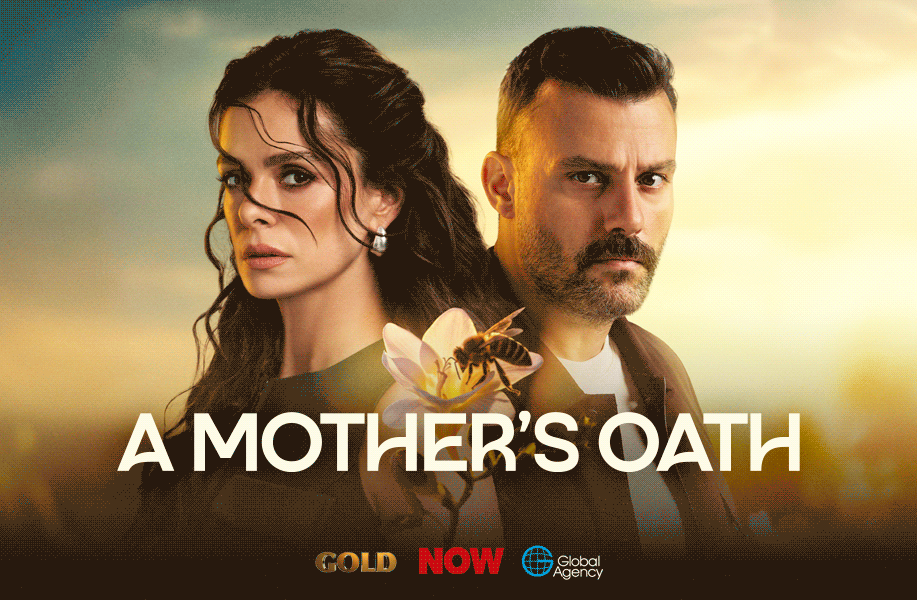Netflix launched Mrs Playmen, a seven-episode original drama series produced by Aurora TV and inspired by the life of Adelina Tattilo, the visionary publisher behind Playmen, the most influential erotic magazine in Italian media history. The series debuted on Netflix on 12 November.
Mrs Playmen boasts an accomplished cast led by Carolina Crescentini as Adelina Tattilo, alongside Filippo Nigro (Chartroux), Giuseppe Maggio (Luigi Poggi), Francesca Colucci (Elsa), Domenico Diele (Andrea De Cesari), Francesco Colella (Saro Balsamo), Lidia Vitale (Lella), and Giampiero Judica (Don Rocco). The series is directed by Riccardo Donna and written by Mario Ruggeri, who serves as head writer, with Eleonora Cimpanelli, Chiara Laudani, Sergio Leszczynski and Alessandro Sermoneta contributing to the screenplay.
At the heart of the story is Adelina Tattilo, portrayed as a woman ahead of her time: a devout Catholic and fearless iconoclast who defied the patriarchal norms of 1970s Italy. In a society where women were expected to remain confined to domestic roles, Tattilo emerged as a groundbreaking entrepreneur and cultural agitator. By founding Playmen, Italy’s first erotic magazine, she pushed the boundaries of public morality, challenged Catholic conservatism, and placed sexuality at the center of national debate.
The series traces Tattilo’s ascent as a publishing force and her unyielding fight for autonomy and expression. After being abandoned by her husband, Saro Balsamo, who leaves her to face mounting debts and a collapsing empire, she refuses to surrender. Instead, she reinvents Playmen as a high-end, avant-garde publication. Surrounded by a cohort of intellectuals, maverick creatives, and visionary photographers, Tattilo transforms the magazine into a cultural flashpoint. Each issue becomes an act of rebellion, dismantling taboos, confronting the establishment, and redefining the portrayal of female sexuality.
Mrs Playmen positions Tattilo not merely as a publisher, but as a catalyst of social transformation—a woman whose battles for divorce rights, abortion access, and women’s emancipation placed her at the frontline of Italy’s cultural and political revolutions. Through scandal, censorship, and triumph, the series illustrates how a single magazine could spark conversations that reverberated across an entire nation.


_13979.png)








